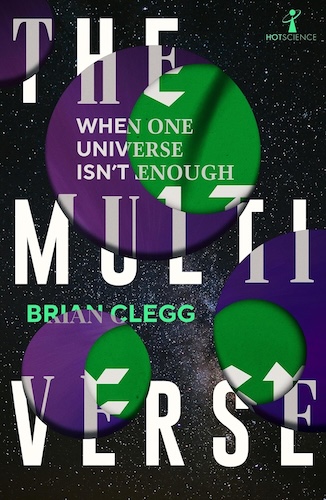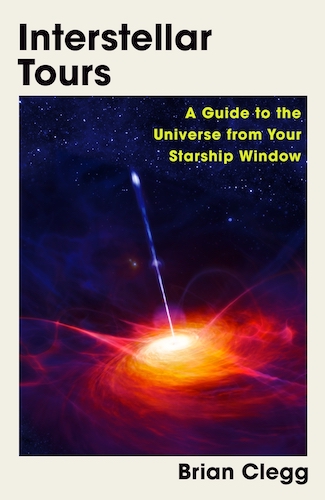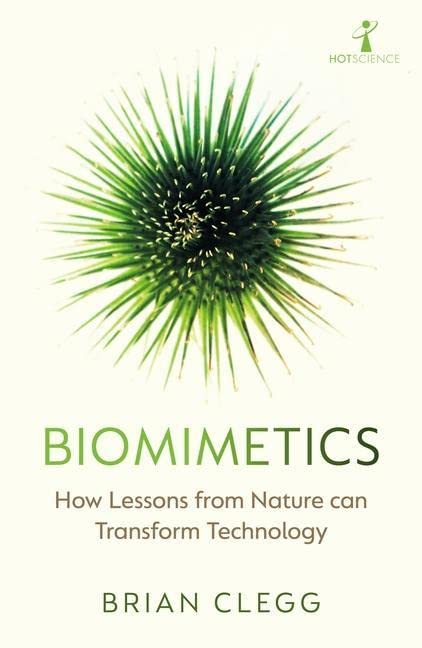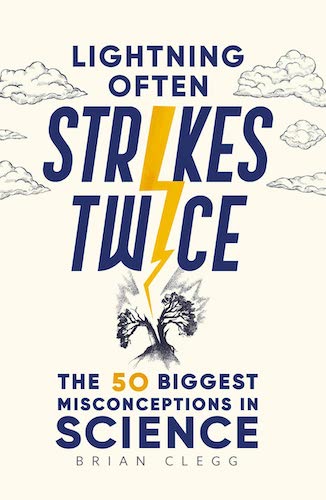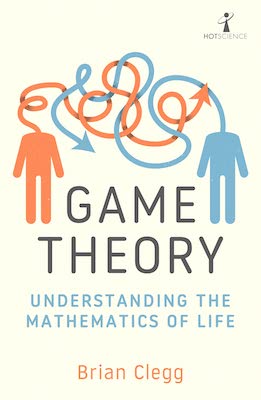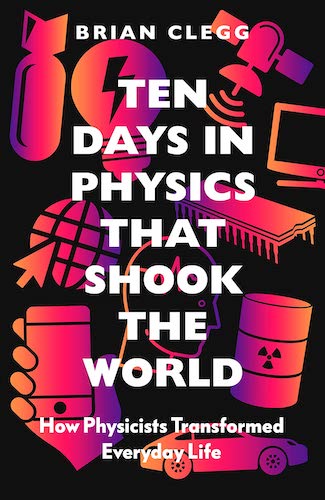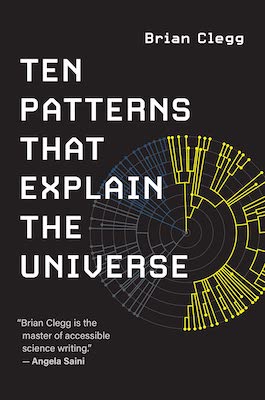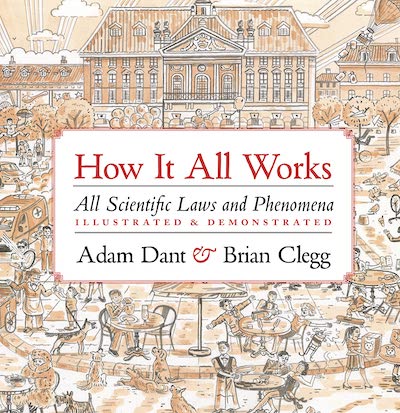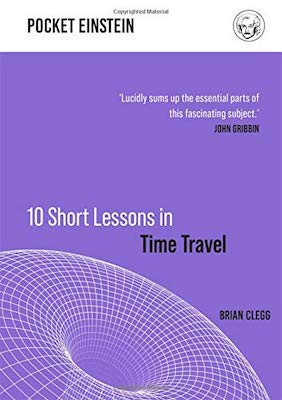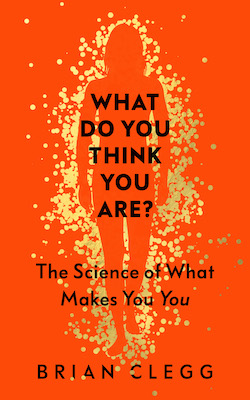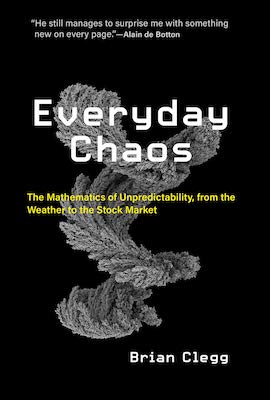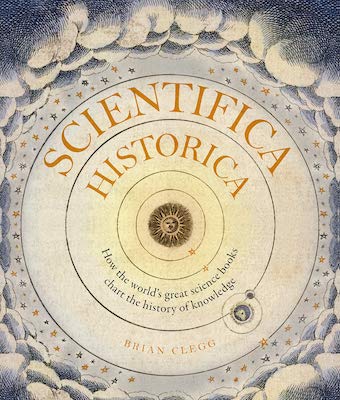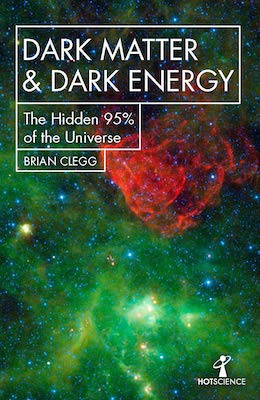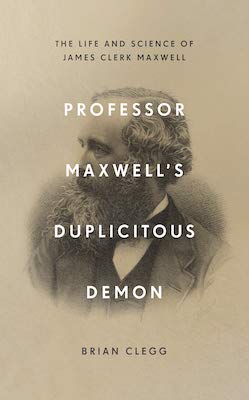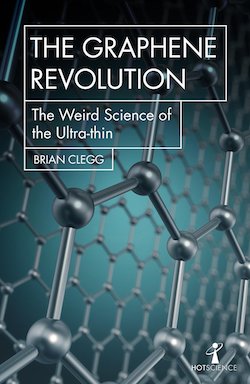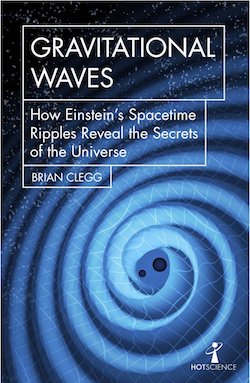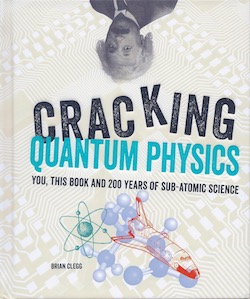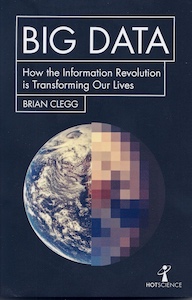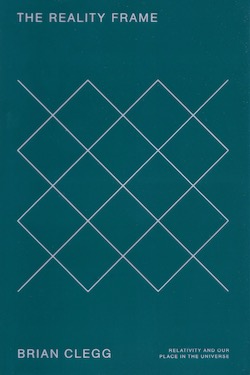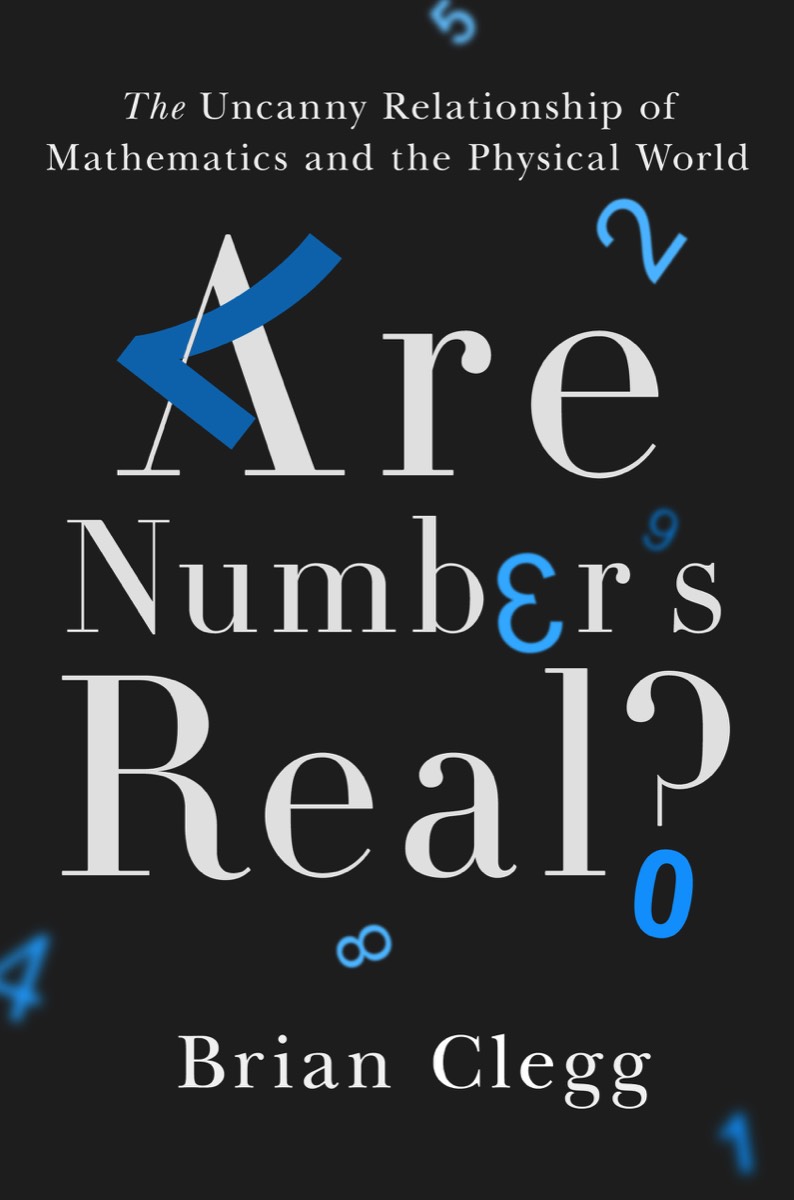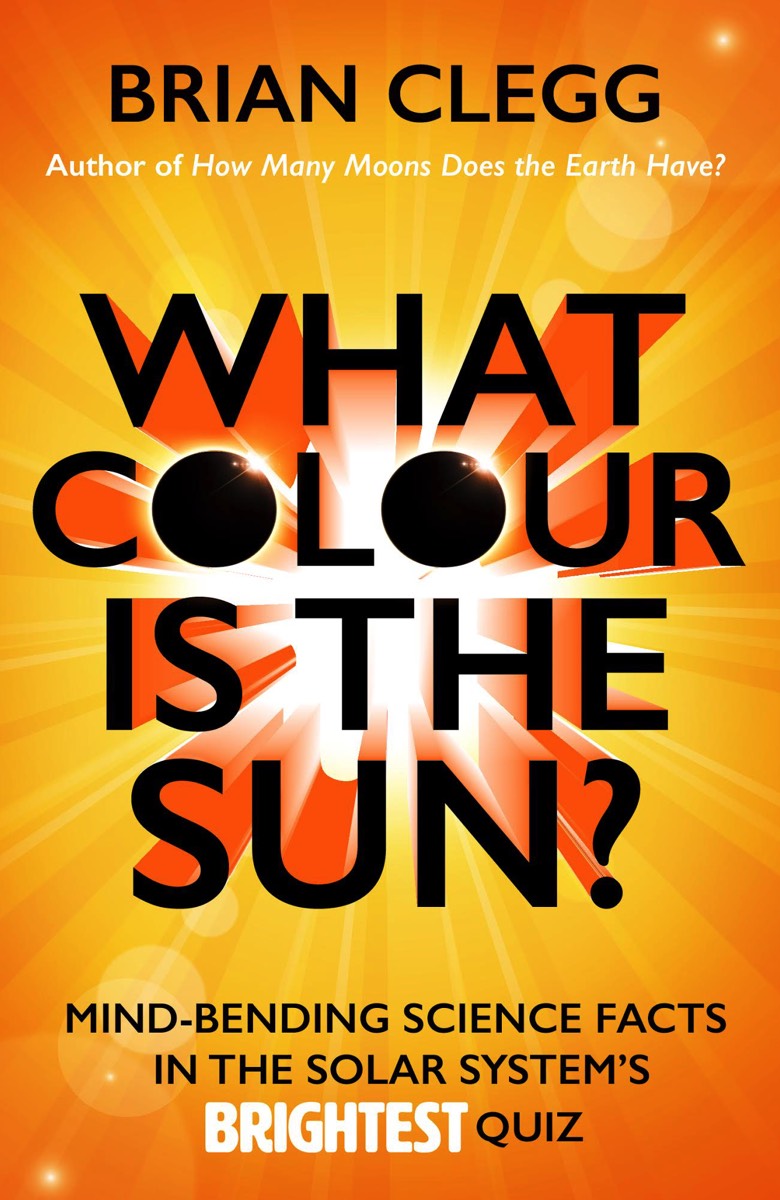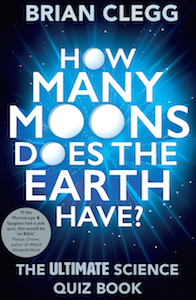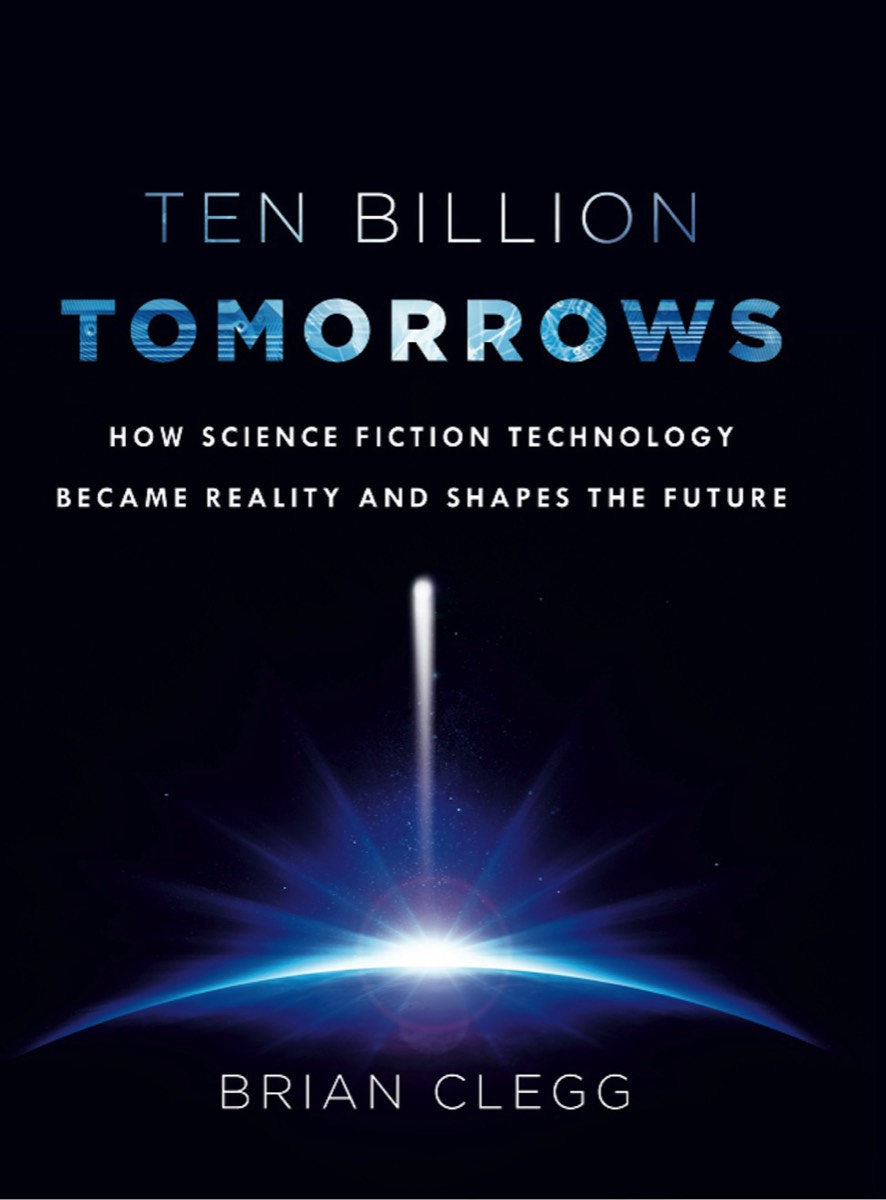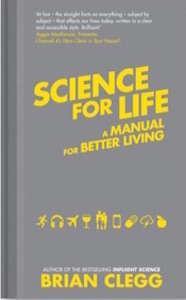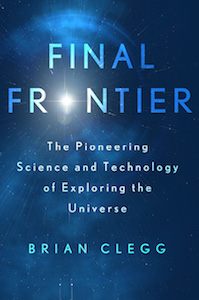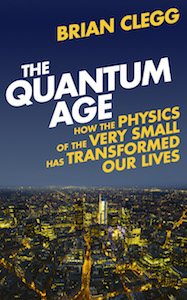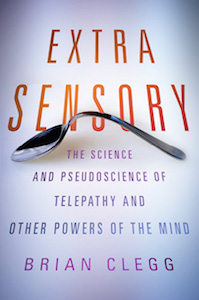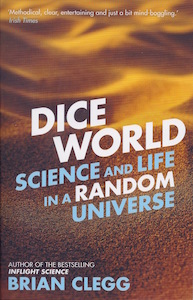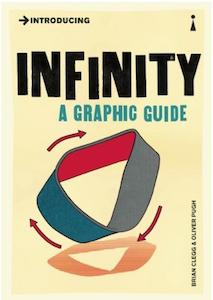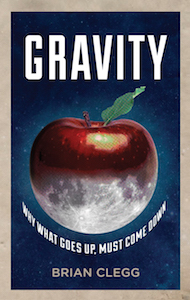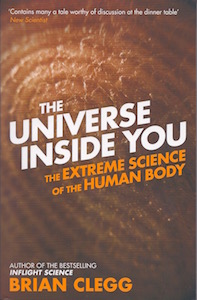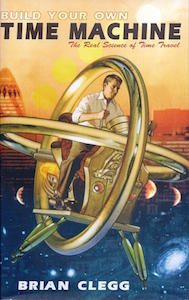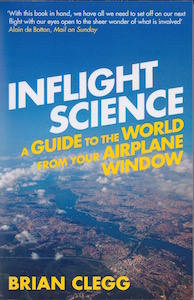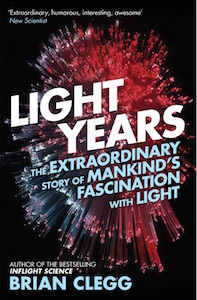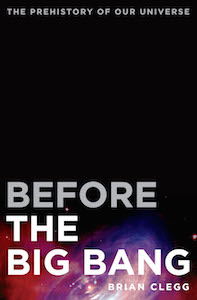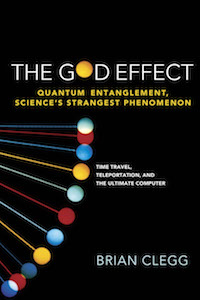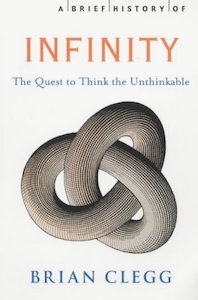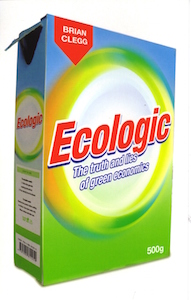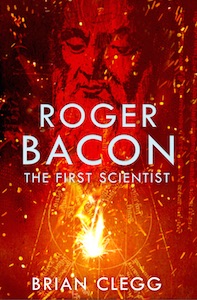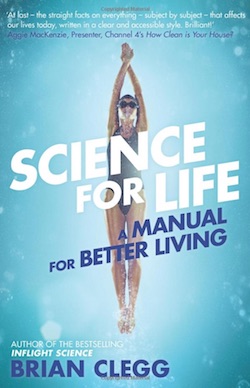
Science for Life
At last - the straight facts on everything - subject by subject - that affects our lives today, written in a clear and accessible style. Brilliant!
Brian Clegg
In Science for Life, Brian Clegg cuts through the vested interests and confusing contradictory statements that litter the media and the internet, to give a clear picture of what science is telling us right now about changing our lives for the better.
Discover the much-advertised antioxidants that aren't good for you, the truth about fat and sugar and why one of the healthiest foods contains carcinogens and 21 E-numbers. Find out what does and what doesn't enhance brainpower - from the failure of playing Mozart to babies to the surprising abilities of caffeine and nicotine. Understand the tools that advertisers use to persuade us and how to turn the psychological pressure back on them. From the shortcomings of the five second rule to the truth about phone masts and nuclear power, kept up-to-date on a partnering website, Science for Life is your guide to surviving and thriving in the modern world.
Kept up-to-date by a blog covering the latest developments, Science for Life is an essential manual for dealing with what life throws at us.
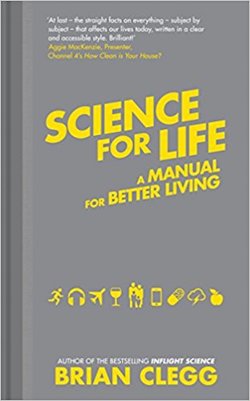
If you’d like a signed copy - it makes a great gift - purchase direct below when available. If you want a personalised inscription, just drop Brian an email at the same time with the details.
Paperback
Hardback
Kindle
Nook
Kobo
Apple
Using these links earns us commission at no cost to you
Reviews
Is coffee good for you, or bad? If you read the newspapers you can be forgiven for not having the foggiest idea. Every day, we’re bombarded with stories contradicting what we read the previous week – about everything from climate change and brain training games, to the benefits (or not) of drinking red wine. Brian Clegg has produced the ultimate antidote. In Science For Life, he has researched the evidence for and against these claims – and over 200 more… This handy, well-written guide is a triumph of reason over press release reporting. Paul Parsons, BBC Focus Magazine
At last - the straight facts on everything - subject by subject - that affects our lives today, written in a clear and accessible style. Brilliant! Aggie MacKenzie, Presenter of Channel 4’s How Clean is Your House
Much of what you hear and read about health can feel contradictory and overwhelming. At GH we believe in rigorously putting any claims to the test, and that’s why we love Science For Life. It gives definitive answers to the kind of questions we ask ourselves regularly – is red wine really good for us? (science says it’s not, sadly) And should we avoid artificial sweeteners? (research actually shows that they haven’t been linked to as many health problems as sugar). The book provides no-nonsense, straightforward advice, all backed up by scientific research. Clegg’s writing is informative and entertaining, with a welcome lack of irritating jargon. Divided by subject, the scope of the book is remarkably broad – everything from whether e-numbers are bad for us (they’re not), to how likely it is we’ll be visited by UFOs (science is highly sceptical). What Science For Life does best is help you make informed health choices – from how much exercise to do a week to which supplements to take – so you can make small changes with maximum impact. Simon Cocks, Good Housekeeping
This well-researched guide lifts the lid on so many myths and makes for a marvellous, eye-opening read. Natasha Harding, The Sun
Overall, Science for Life is a thought-provoking read for anyone interested in discovering a bit more about the things that impact our daily lives. Also, carrots really can help you seen in the dark… It’s easy to dip in and out of – each item, whether on E numbers or vaccinations, covers a page or so and presents the scientific background and consensus on the topic. Science for Life is aimed at a general audience with an enquiring mind and does not require a strong background in the subject areas discussed to understand the content. Vicki Marshall, Chemistry World
Science for Life is the perfect book for those looking for scientific support as they grapple with the trials and tribulations of life in the first world. Sarah Keenihan, Science Book a Day
Are spreads better for our health than butter? Are GM foods a risk to humans? Will boosting your child's omega-3 intake help him with his maths? These are some of the hundreds of questions answered here with gentle caution rather than dogmatic firmness. But this is what is to be expected from science which in many of the areas covered – from alcohol and acupuncture to Wi-Fi and weight reduction pills – is far from clear in its advice. Light, informative and thorough. Frank O’Shea, Sydney Morning Herald
Links to purchase books earn us commission at no cost to you

